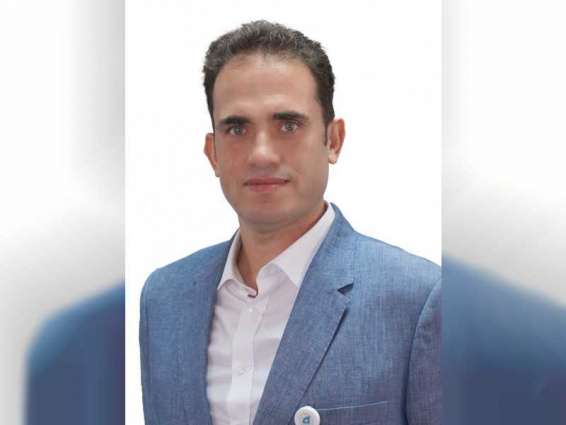(Pakistan Point News - 27th Oct, 2021) ABU DHABI,27th October, 2021 (WAM) - Abu Dhabi Health Services Company (SEHA), the UAE’s largest healthcare network, is giving new hope to patients with acute stroke through offering the latest medical advances in stroke care.
A head of World Stroke Day, SEHA said it has been able to successfully treat many cases of cerebral stroke and help patients return to their normal lives. This includes 68-year-old patient Harris Babic, an engineer from Bosnia, who arrived at Tawam Hospital suffering from severe symptoms. Harris felt his blood pressure plunge drastically, with feelings of dizziness and general fatigue.
World Stroke Day is observed on October 29 to underscore the serious nature and high rates of stroke, raise awareness of the prevention and treatment of the condition, and ensure better care and support for survivors.
A CT scan was performed, and it was found that there was no internal bleeding. To accurately diagnose the patient a more comprehensive CT angiography was subsequently performed and found that the patient was suffering from a stroke caused by a blockage in the left middle cerebral artery.
Following the scan, the patient was transferred to Tawam Hospital’s Interventional Radiology Department where he was placed under general anesthesia. The catheterization was performed via the patient’s leg to allow access to the femoral artery. The clot was then successfully removed from the left middle cerebral artery.
Dr. Jamal Aldeen AlKoteesh, Head of Radiology and consultant of Interventional Radiology at Tawam Hospital, has said: "SEHA is proud to provide cerebral catheterization using interventional radiology, which is one of the most advanced technologies for the identification and treatment of acute strokes, and in line with the highest international quality standards."
He added: "This procedure is necessary to deliver the best outcomes for patients as traditional medication does not work in all cases, particularly if a patient arrives three or more hours after having symptoms or if they have experienced a stroke in their sleep. At that point, the only option would be to remove the blood clot by catheterization."
Harris was discharged days after the procedure in stable condition and expresses his gratitude and appreciation to the SEHA medical team at Tawam Hospital for his treatment.
Speaking about the recovery for stroke patients, Dr. Hala Abuzeid, Critical Care Consultant and Head of Intensive Care Department, Tawam Hospital, has said: "Tawam Hospital has treated many patients who have developed strokes. After the cerebral catheterization procedure, the patient is transferred to our Intensive Care Unit (ICU), where they are monitored. The patient is then given the necessary care to try and restore body functions that were affected by the stroke as much as possible."
On the occasion of World Stroke Day, Dr. Hala emphasized: "One in four people will suffer from a stroke, but most cases can be prevented by following a few simple steps. To reduce your risk, it is highly recommended to exercise 5 times a week, eat a healthy balanced diet, reduce blood cholesterol, maintain a healthy body weight, quit smoking, and control stress and depression levels."
A simple way to know if you are experiencing a stroke is to use the BE FAST method –Balance, Eyes, Face, Arms, Speech, and Time. If someone lost his balance (lack of muscle control, walking problem and NOT dizziness); if someone has a blurred vision or loss of vision in both eyes; if someone is unable to smile on one side of their face, this may indicate hemiplegia; if someone has arm or leg weakness, they may be suffering a stroke; if someone’s speech is slurred and incoherent, this indicates verbal disturbance; and finally, if the patient is suffering from any of these symptoms, then it is time to call an ambulance immediately.
SEHA provides world-class healthcare services by providing its patients with advanced treatment programs and techniques. As well as developing clinical practices, SEHA is focused on developing stroke prevention and treatment programs to reduce the percentage of deaths, disabilities, and complications that can arise from stroke to limit the amount of time patients spend in hospital and improve quality of life. SEHA is determined to promote medical education about strokes, and better understand how potential injuries and risks can occur.




